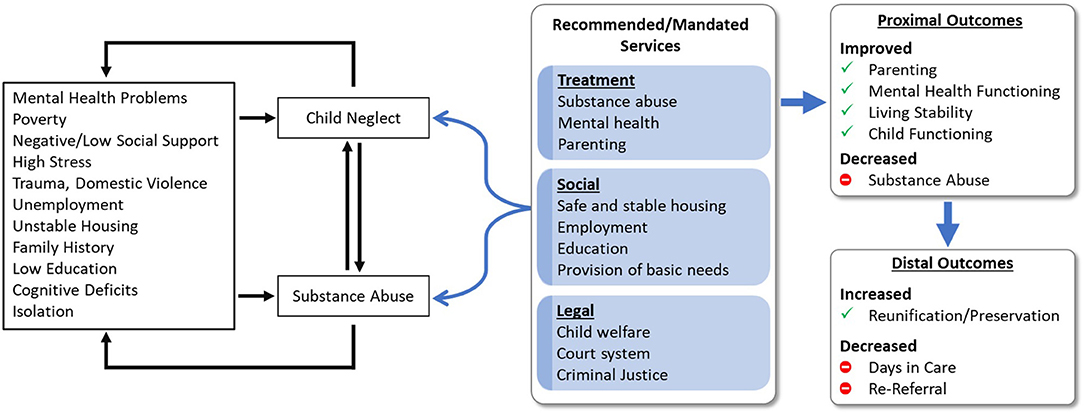GLP-1 Drugs and Their Potential Impact on Atrial Fibrillation
Overview of Recent Findings
A recent study has indicated that GLP-1 (glucagon-like peptide-1) drugs may help reduce the incidence of atrial fibrillation (AF), a common heart rhythm disorder. Although the study was not designed to establish a causal relationship, the findings suggest promising avenues for future treatment strategies.
Expert Commentary
Varun Sundaram, Associate Professor of Medicine, emphasized that while the study does not prove that GLP-1 drugs directly cause the reduction in AF events, it provides a foundation for further research. Sundaram highlighted the importance of this research in the context of the growing obesity epidemic and the increasing prevalence of atrial fibrillation.
Implications for Sustainable Development Goals (SDGs)
Relevant SDGs Addressed
- SDG 3: Good Health and Well-being
- Reducing the burden of cardiovascular diseases through innovative treatments.
- Improving health outcomes by potentially lowering AF events, which are linked to stroke and heart failure.
- SDG 9: Industry, Innovation, and Infrastructure
- Encouraging medical research and development of novel therapeutic approaches.
- Supporting clinical trials that validate new drug applications.
- SDG 10: Reduced Inequalities
- Addressing health disparities by targeting conditions prevalent in populations affected by obesity and cardiovascular diseases.
Future Directions
- Conducting larger clinical trials to confirm the benefits of GLP-1 drugs in reducing atrial fibrillation.
- Integrating findings into public health policies aimed at combating obesity and cardiovascular diseases.
- Promoting equitable access to innovative treatments to ensure broad health benefits across different populations.
1. Sustainable Development Goals (SDGs) Addressed
- SDG 3: Good Health and Well-being
- The article discusses medical research related to GLP-1 drugs and their potential to reduce atrial fibrillation events, which directly relates to improving health outcomes.
- It addresses the growing obesity epidemic and the rising prevalence of atrial fibrillation, both significant public health concerns.
2. Specific Targets Under the Identified SDGs
- SDG 3: Good Health and Well-being
- Target 3.4: By 2030, reduce by one third premature mortality from non-communicable diseases through prevention and treatment and promote mental health and well-being.
- Target 3.8: Achieve universal health coverage, including access to quality essential health-care services and access to safe, effective, quality, and affordable essential medicines and vaccines for all.
3. Indicators Mentioned or Implied in the Article
- Indicator 3.4.1: Mortality rate attributed to cardiovascular disease, cancer, diabetes or chronic respiratory disease.
- Indicator 3.8.1: Coverage of essential health services.
- Implied measurement of the prevalence and incidence of atrial fibrillation and obesity in the population.
- Potential future indicators related to the effectiveness of GLP-1 drugs in reducing atrial fibrillation events, pending larger clinical trials.
4. Summary Table of SDGs, Targets, and Indicators
| SDGs | Targets | Indicators |
|---|---|---|
| SDG 3: Good Health and Well-being |
|
|
Source: thedaily.case.edu







